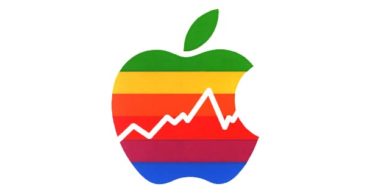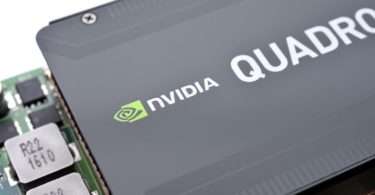2023 has been the year of artificial intelligence (AI), when the technology's capabilities reached a tipping point of usefulness.
No stock has benefited more from this inflection than Nvidia (NVDA), whose graphics processing units (GPUs) and CUDA software ecosystem enable the parallel processing of massive data sets used to train cutting-edge AI models.
However, with chip shortages abounding and Nvidia charging massive premiums for its GPUs, a slew of other companies are at work designing their own accelerators. And reports are the latest effort will come from cloud giant and Nvidia customer Microsoft (MSFT).
But is the upcoming Microsoft AI chip something for Nvidia shareholders to worry about?
Microsoft to unveil Athena
It has been known for some time that Microsoft was working on its own AI chip codenamed Athena, after the Greek goddess of wisdom and warfare.
Back in May, even before Nvidia reported blowout AI-fueled earnings and guidance, Bloomberg reported Microsoft was not only working on its own AI accelerator, but also cooperating with Nvidia competitor Advanced Micro Devices (AMD) on a competitive general-purpose AI accelerator. The report even went so far as to say Microsoft was helping fund some of AMD's efforts. In June, AMD unveiled the MI300, its own answer to Nvidia H100 AI chips.
Last week, it was also reported that Microsoft subsidiary OpenAI, the company behind ChatGPT, was contemplating developing its own AI chip, either internally or through an acquisition. And in recent days, The Information reported Microsoft may unveil the Athena AI chip next month. OpenAI may also try out Microsoft's new Athena accelerators, in addition to its own potential efforts there.
The move is not surprising, given that OpenAI is investing furiously to lead the artificial intelligence “gold rush.” But OpenAI's endeavor is massively expensive. According to Bernstein analyst Stacy Rasgon, if OpenAI's ChatGPT grew to just one-tenth the size of Google Search, it would need to buy $48 billion of GPUs right away, and then at least $16 billion annually on an ongoing basis!
Thus, it's no surprise Microsoft and OpenAI are working furiously to seek alternatives. An internal chipmaking venture would be the most cost-saving, but even strengthening an Nvidia competitor such as AMD would also limit the exorbitant premiums Nvidia currently charges.
It's actually surprising Microsoft is this late to the game on the chipmaking front. Google parent Alphabet has been making its own in-house accelerators called Tensor Processing Units (TPUs) since 2016. And Amazon came out with its Inferentia AI chip in 2019, with its Trainium counterpart coming later in 2021.
Perhaps Microsoft's historical focus on software — after all, its name is Micro-“soft” – made the cloud giant hesitant to wade into a costly chipmaking effort outside its circle of competence. But it's certainly seeing the necessity now.
Is Athena a threat to Nvidia?
Nvidia is certainly in pole position and is likely to dominate AI computing for the immediate future. Moreover, the AI chip market is forecast to grow by leaps and bounds. Some forecast a 50% annualized growth ratebetween now and 2027, which is a massive amount for any product to grow in five short years. That's why Nvidia's stock has exploded higher this year.
Yet Nvidia's stock has pulled back in recent months, as investors debate how the company's earnings may look a few years out.
If you're an investor in Nvidia or thinking about becoming one, you need to plot out Nvidia's growth and profits for the next several years. But in light of the competitive onslaught currently underway, you probably shouldn't use its current 85%-90% estimated market share in AI chips as your baseline. Nor should you perhaps extrapolate further margin gains a few years out as more competition enters the fray.
So, that is why Nvidia investors should be cautious. But it's also possible that even with a somewhat lower market share, Nvidia will still see outsized growth due to the explosion of AI computing — even enough to justify its current price.
It's also very unclear if in-house designed AI chips from cloud giants, AMD, or others will make significant inroads. In five years, Nvidia could wind up with 80% share of the AI market, or 40%. For a continued investment in the chip giant, you should probably form some sort of thesis as to how much of the AI market you think it will be able to ultimately retain. That future scenario, and not merely the next quarter, will make all the difference for Nvidia's intrinsic value today.
Originally published on Fool.com





